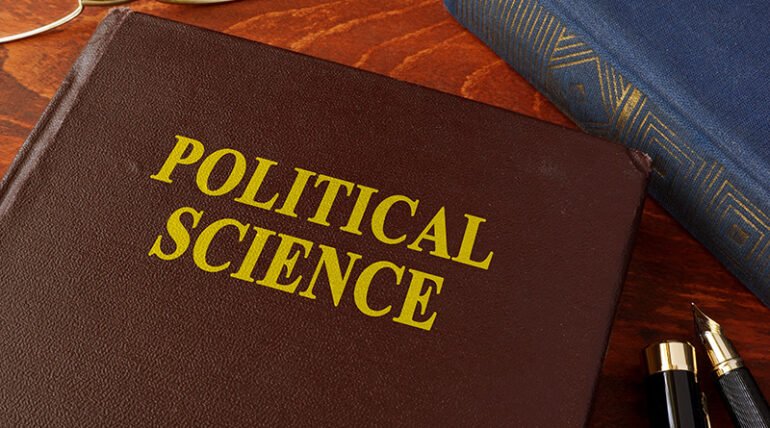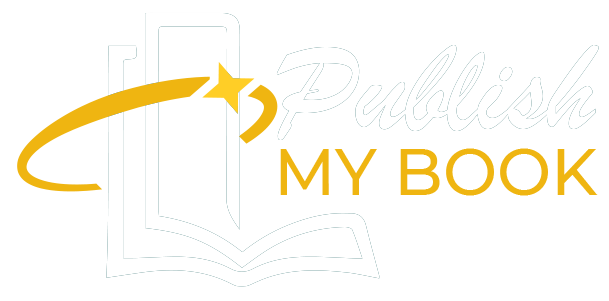
Power is one of those invisible forces that shapes every corner of our lives. It influences who makes the rules, how resources are distributed, and what opportunities we get to enjoy. We might not notice it at every moment, but power is at play in our workplaces, in our communities, in the laws we follow, and even in the way nations interact with each other. Best political science books: This invisible web of influence has fascinated thinkers for centuries, and political science has always tried to unravel it. When we turn to books on political science, we are not just flipping through pages of theory, we are stepping into a conversation about authority, freedom, and human ambition. Reading about political science might sound heavy at first, but the best political science books make the subject engaging, practical, and surprisingly relatable.
These books are not simply for academics or politicians, they are for anyone who wants to understand why the world functions the way it does. They bring clarity to complex ideas, offer vivid book illustration of historical and present struggles, and help us see how decisions made in meeting rooms ripple out to shape ordinary lives. Whether you are a student, a curious reader, or someone who dreams to publish my book someday, immersing yourself in these works can open your mind to deeper questions about justice, leadership, and human cooperation. The beauty of exploring this field is that you do not just learn facts, you learn to think differently. These works challenge assumptions, spark debates, and give you tools to look at power with fresh eyes.
1. Best Political Science Books: The Republic by Plato
Few works have shaped political thought as profoundly as Plato’s classic. In this dialogue, Plato explores the meaning of justice and the nature of leadership. Although written centuries ago, it still offers insights into how societies balance fairness with authority. The vivid conversations and timeless ideas in this book continue to influence political scientists and philosophers today.
2. Politics by Aristotle
If Plato raised questions about justice, Aristotle attempted to answer them in practical terms. Politics provides an early yet lasting framework for understanding citizenship, constitutions, and the role of the state. This book illustrates how early thinkers tried to explain the balance between the individual and the collective, a question that continues to echo in modern debates.
3. The Prince by Niccolò Machiavelli
Few titles have sparked as much conversation as this one. Machiavelli strips away the illusions of morality in governance and lays bare the strategies leaders use to gain and hold power. This is not simply a guide for rulers, it is a sharp lens into the real dynamics of political control. Book publishers have continued to reprint this work for centuries, proving its lasting relevance.
4. Best Political Science Books: Leviathan by Thomas Hobbes
Hobbes paints a picture of life without government as “nasty, brutish, and short.” His solution is the creation of a strong authority to maintain peace. Leviathan is not always an easy read, but its argument about the need for order and the power of collective agreements has shaped much of modern political theory. The book illustration of society in chaos makes his point both gripping and memorable.
5. The Social Contract by Jean Jacques Rousseau
Rousseau turned the question of power on its head by suggesting that legitimate authority comes not from rulers but from the people. The idea that sovereignty lies with the collective will has inspired revolutions and continues to inspire democratic thought. Readers will find this book both challenging and deeply rewarding.
6. Democracy in America by Alexis de Tocqueville
This book is not just a historical observation, it is a rich exploration of how democratic institutions shape culture, ambition, and equality. Tocqueville’s reflections reveal both the strengths and weaknesses of democratic systems. His storytelling makes this book enjoyable as well as thought provoking.
7. On Liberty by John Stuart Mill
Best political science books: Mill brings forward the idea that individual freedom should be protected against both government overreach and the tyranny of the majority. This book is a reminder that power is not only exercised by rulers but also by social pressure. It is a must read for anyone interested in the delicate balance between personal rights and collective interests.
8. Power and Interdependence by Robert Keohane and Joseph Nye
For readers who want to understand modern global politics, this book is an excellent choice. It explains how nations are tied together through economics, communication, and cooperation, showing that raw military strength is no longer the only source of power. This perspective is invaluable in a world where alliances and networks play critical roles.
9. Best Political Science Books: Discipline and Punish by Michel Foucault
Foucault challenges readers to see power not just in governments but in everyday institutions like schools and prisons. His book illustrates how subtle systems of control shape behavior and thought. While dense, it offers a unique and transformative way of looking at authority.
10. Why Nations Fail by Daron Acemoglu and James Robinson
This modern classic explains why some nations thrive while others struggle. The authors argue that political and economic institutions hold the key. Their storytelling blends history, economics, and politics, making the book engaging and highly accessible.
In the end, explore the best political science books to gain knowledge and understand the world around you. Each title offers a different perspective on power, including state authority, people’s will, and subtle behavior forces. These works can inspire those interested in creating their own works and show that ideas can change societies when shared. Modern tools like ebook publishers and self-publishing platforms allow new voices to enter the conversation. Books are powerful ways to share knowledge and shape thought, offering wisdom from the past and insights applicable to the present. By reading these books, you are learning to see the world more clearly and imagine better possibilities for the future.
